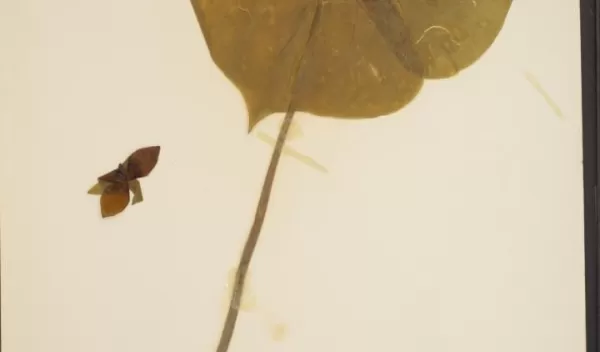
Southeastern U.S. herbaria digitize 3 million specimens, now freely available online
A network of more than 100 herbaria, or collections of plant specimens, spread out across the southeastern United States recently completed the herculean task of fully digitizing more than 3 million specimens collected by botanists and naturalists over a span of 200 years.
The project, which was funded by the U.S. National Science Foundation, is part of a larger ongoing effort by natural history institutions worldwide to make their biological collections easily accessible to researchers studying broad patterns of evolution, extinction, range shifts and climate change.
In a study published in the journal Applications in Plant Sciences, researchers involved in the project analyzed the rate at which specimens could be reliably photographed, digitized and databased to assess how much similar efforts might cost in the future.
"Everybody who was interested in this recognized very early on just how much labor we were talking about," said senior author Joey Shaw of the University of Tennessee at Chattanooga.
Although digitization efforts had been underway at large institutions since the turn of the century, to date, no one had developed a robust framework for determining how much it cost to bring a set of collections online, noted Shaw. "No one had been doing it at any sort of scale to understand how many specimens you could catalog per minute."
Such information can be vitally important for smaller institutions that rely on a dwindling fraction of administrative funding to maintain their collections. At universities and liberal arts colleges, these efforts are also heavily reliant on students, who perform the work for college research credit or as student employees.
Digitizing specimens is often the first direct experience students have with natural history, and, for many, it blossoms into a lifelong appreciation for biology. For some, as was the case for four authors on the study, this appreciation later culminates in graduate studies and careers in the natural sciences.
